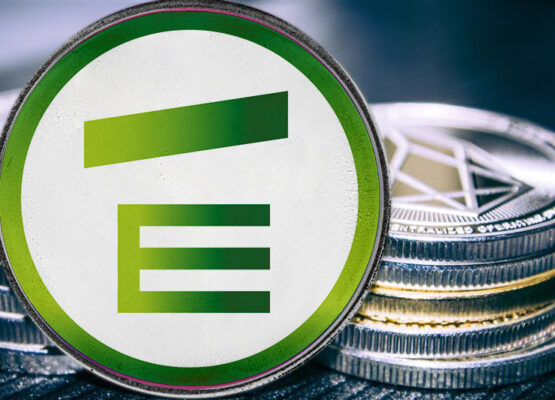
If you’ve been browsing cryptocurrency-related sites or listening to the news, you may have heard of the term “Bitcoin ETF.” A recent addition to the world of blockchain trading, ETFs offer a new and simpler way to invest in cryptocurrencies.
Here are the basics of Bitcoin ETF – what it is, how it works, and what it brings to the table.
Bitcoin ETF Explained
Bitcoin Exchange-Traded Funds or ETFs are investment funds used to buy and hold Bitcoin on the blockchain instead of buying them directly via crypto exchanges. The approval of Bitcoin ETFs allows investors to own and trade crypto through traditional trade options, exposing them to blockchain investing more familiarly.
Bitcoin ETFs were born out of the push to regulate cryptocurrency trading that has been going on for several years. The US Securities and Exchange Commission (SEC) approved Bitcoin ETF in January 2024 to make crypto trading more transparent and safer for investors.
How Bitcoin ETF Works
In an Exchange-Traded Fund, a company buys and holds a specific asset for trading. Shares are then sold to investors, with the price fluctuating based on the asset’s performance on the market.
Bitcoin ETF follows this structure, where brokerages and asset management firms pool funds from investors to purchase Bitcoin. Each investor gets a share based on the amount placed into the pool.
As with typical crypto investments, investor shares fluctuate according to Bitcoin’s current pricing. However, what sets Bitcoin ETF apart is that it can be traded on traditional stock exchanges and is not limited to crypto trading platforms.
Perks of Bitcoin ETF
Safe Crypto Investing
As investors purchase Bitcoin via management firms, they’re less exposed to the dangers that come with crypto investments like rug pulls.
Diversified Portfolio
Adding a Bitcoin ETF to their portfolio allows the investor to further diversify and mitigate potential risks.
Tax Eligibility
While traditional crypto investments are deemed unsafe and unregulated now, Bitcoin ETF trading can be regulated by the SEC and possibly be eligible for Tax Efficiency.
Spot Bitcoin ETF vs Bitcoin Futures ETF
There are currently two main types of Bitcoin ETFs. This section will explore the differences between them.
Spot Bitcoin ETF
Buying a share on a Spot Bitcoin ETF lets investors own a piece of the fund directly, providing investors with a more legitimate and simpler crypto-owning experience. However, going with this option exposes the investor more to the volatility and risks of crypto investment.
Bitcoin Futures ETF
Rather than owing a piece of the Bitcoin pie, investing in a Bitcoin Futures ETF net an investor a contract for the asset. This contract is an agreement to buy or sell their share of the asset at a specific date and price. While offering a safer and less exposure to common risks associated with crypto investment, it is prone to tracking errors and may require investors to roll contracts.
Spot the Future with Bitcoin ETF
Bitcoin ETF options bridge the gap between traditional and digital asset investment, giving those on the fence with crypto a chance to try it out in a safer environment. Deciding to go with either Spot Bitcoin ETF or Bitcoin Futures ETF is an individual choice made on what works for the investor’s goal.
If you’re looking for another safe and reliable crypto token to invest in, go with ETHi Token. Rooted in rent-to-own US real estate, ETHi is focused on revolutionizing homeownership through decentralized common sense. Learn more about ETHi today.



